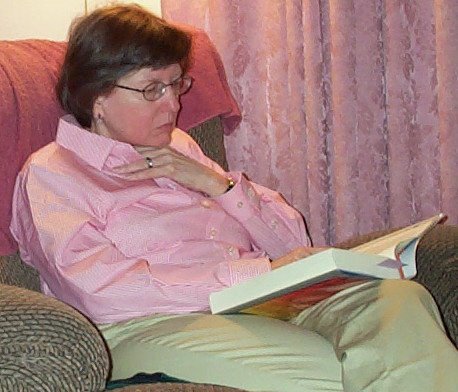Wanderjahr
"The captive must have been exhausted and afraid, but when, on the fourth day of his grueling forced march across Crete, he saw dawn break behind Mount Ida, the sight was so beautiful that it brought to his lips the opening of Horace’s Ode I.ix: 'Vides ut alta stet nive candidum/ Soracte,' he murmured. Then, just as he trailed off, one of his captors came in to take the poem over, reciting the rest of its six stanzas. At this, the captive’s startled eyes slanted down from the peak to meet those of his enemy, and, after a long thoughtful silence, he pronounced, 'Ach so, Herr Major.'
"For the captive was a German soldier—the commander of the island’s garrison, no less. General Karl Kreipe (to give him his name) had been abducted on April 26, 1944 by a band of Greek guerrillas led by two English commandos. Over the next three weeks, the kidnappers picked their way across Crete, eluding the thousands of Nazi troops who hunted them, until eventually they were met by a British boat and whisked to Cairo, where Kreipe was handed over and the two commandos promptly awarded the D.S.O. One of these men was W. Stanley Moss, who in 1950 published a riveting account of the escapade, ILL-MET BY MOONLIGHT, later filmed by Michael Powell. The other was a certain Patrick Leigh Fermor. Disguised as a shepherd and (like Zeus in his Cretan boyhood) living largely in caves, he had spent much of the previous two years on the island organizing the resistance. Leigh Fermor it was who finished the quotation."
This is from “Philhellene's Progress: Patrick Leigh Fermor” Ben Downing’s fine review in The New Criterion, Vol 19, no 5 (January 2001.)
Downing continues: “[H]e’d committed the odes to memory during his teenage Wanderjahr a decade earlier, when, just after Hitler’s rise to power, he’d walked clear across Germany (among other countries) with a volume of Horace for his vade mecum. . . [T]he book in which Leigh Fermor set these matters down, A TIME OF GIFTS (1977), along with its sequel, BETWEEN THE WOODS AND THE WATER (1986), represent not only the capstone of his career but, in my opinion, the finest travel books in the language and a pinnacle of modern English prose, resplendent as Soracte or Ida in deep snow.”
I came across Leigh Fermor’s books the other day in Box 101. Tucked into one of them was my receipt from Harrod’s, dated November 6, 1987.
Downing is correct; these are splendid books. If you don’t have time to read the books, by all means read the review. It is to be found on line here: http://www.newcriterion.com/archive/19/jan01/downing.htm


0 Comments:
Post a Comment
Subscribe to Post Comments [Atom]
<< Home